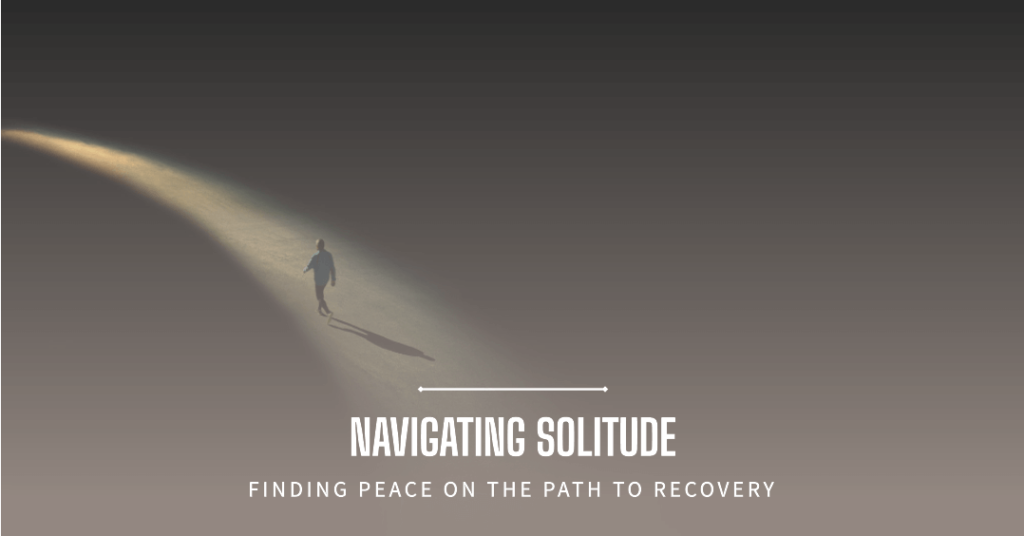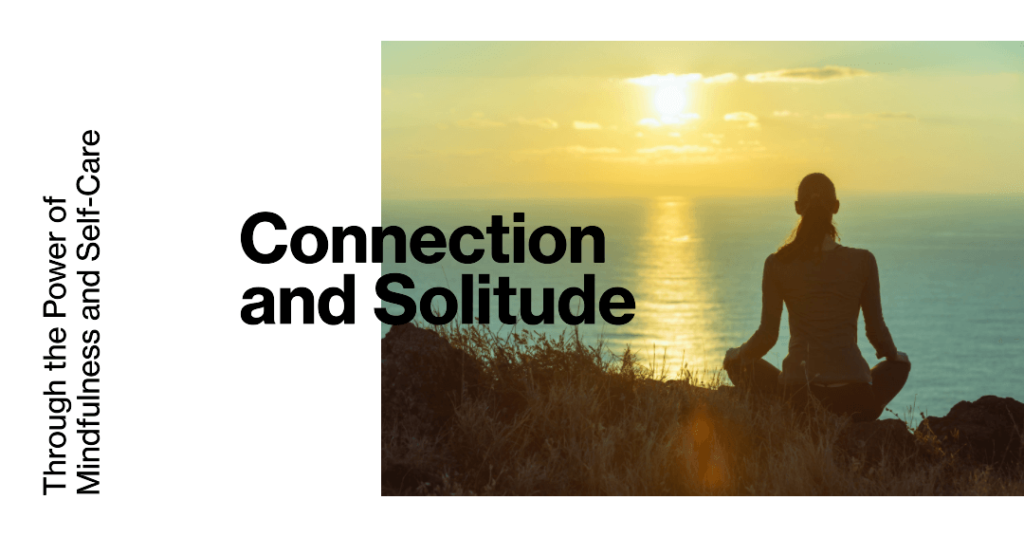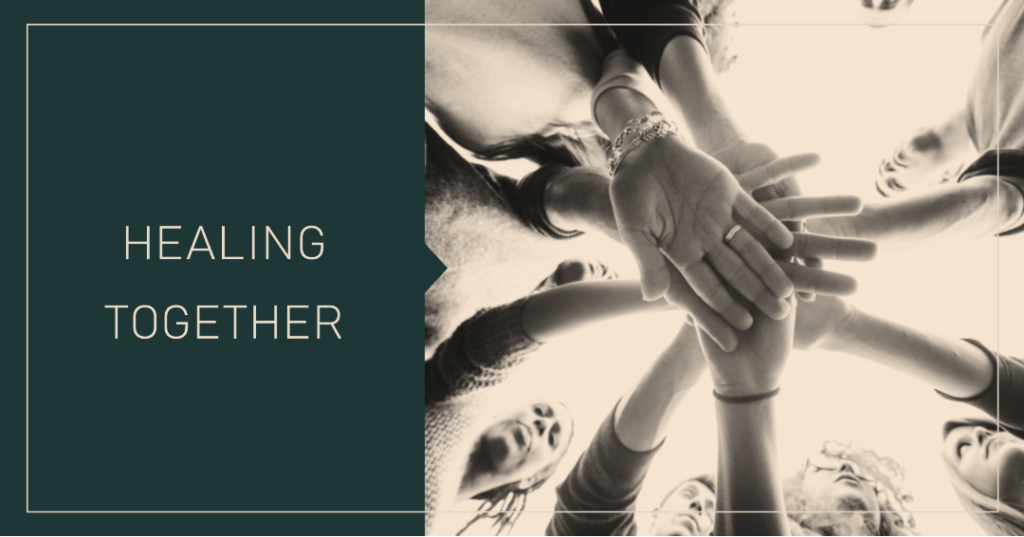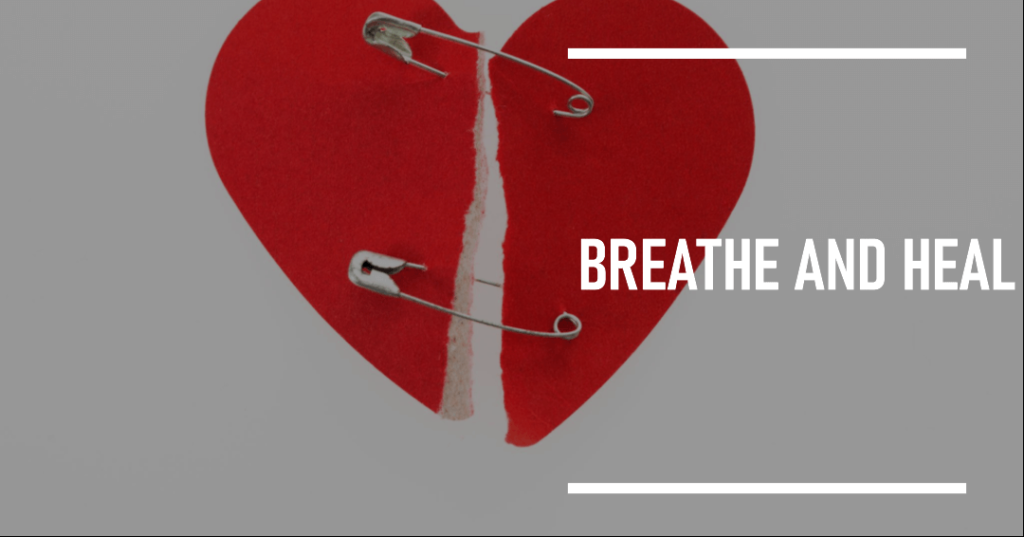Navigating Solitude on the Path to Recovery
When embarking on a journey of healing, it’s important to recognize that the path ahead isn’t always well-lit and bustling with companions. In fact, healing can get lonely – a sentiment often overlooked amidst discussions of recovery. Loneliness during the process is an emotion that deserves acknowledgement and understanding. This article delves into the intricate interplay between healing and isolation, offering insights and strategies for embracing both connection and solitude on your journey.

The Quiet Struggle of Healing
Healing from any kind of trauma or emotional turmoil can lead to moments of profound solitude. It’s crucial to acknowledge that these moments don’t indicate personal failure or inadequacy. Instead, they are a testament to the complexity of your healing journey. Loneliness can creep in, leaving you feeling adrift and disconnected, but it’s vital to remember that this is just one chapter in your story.
When you feel alone in your healing process, it might seem like no one understands your struggles. It’s true – your journey is unique, but you’re not alone in feeling lonely. Many people facing healing have experienced the same emotions. The first step in combatting this loneliness is recognizing it for what it is – a challenge that can be overcome with time, effort, and a willingness to reach out.

Although healing’s solitary moments can be difficult, they can also provide an opportunity for profound self-discovery. This time alone can be a chance to reflect, introspect, and truly understand yourself. Instead of shying away from these moments, try embracing them as opportunities for growth. Cultivate mindfulness practices that help you connect with your thoughts and emotions, and in doing so, you might find that solitude becomes a valuable companion on your journey.
Balancing Connection and Solitude
While solitude has its place, it’s equally important to recognize when you need connection. Loneliness can be alleviated by seeking out like-minded individuals who are also on their paths to healing. The role of support networks in combating healing loneliness cannot be overstated. Whether it’s a therapy group, an online community, or simply reaching out to friends and family, having people who understand your struggles can provide the companionship needed to navigate the rocky terrain of healing.
Striking the right balance between connection and solitude is essential. Start by acknowledging when you’re feeling isolated and consciously making an effort to reach out to your support network. Share your feelings and experiences – chances are, you’ll find others who can relate. Engaging in activities that nurture your social connections, even if they’re small, can significantly improve your emotional state.


At the same time, don’t shy away from moments of solitude. Instead, embrace them as opportunities for self-care and growth. Engage in activities that bring you joy and fulfillment, whether it’s reading, art, nature walks, or simply spending time with yourself. By integrating both connection and solitude into your healing journey, you’re creating a well-rounded approach that acknowledges the complexity of your emotions.
Conclusion
In the end, healing’s path is a unique and intricate one, paved with moments of both connection and solitude. Loneliness in the healing process is not a reflection of your worthiness or strength; it’s a natural part of the journey. As you navigate the challenges of healing, remember to recognize the value of both community and self-discovery. Embrace your moments of solitude as opportunities for growth, and reach out to your support networks when the weight of loneliness becomes heavy.
Just like a flower needs both sunlight and rain to flourish, your healing journey thrives when it experiences both moments of isolation and connection. By acknowledging the role of loneliness, you’re taking a crucial step towards understanding and embracing the full spectrum of emotions that come with healing. So, keep moving forward with an open heart, knowing that healing, even amidst moments of solitude, is a beautiful and transformative process.

I want to extend a heartfelt thank you for taking the time to read this blog post. I hope it was informative, insightful, and most importantly, useful to you. Mental health is an important topic that affects us all, and I’m grateful for the opportunity to share my thoughts with you.
If you have any thoughts or comments, I encourage you to leave them in the comment box below. Your feedback is essential to me and helps me create content that is tailored to your needs.
If you found this post helpful, please subscribe to my newsletter for more resources and updates on mental health. You can also reach out to me via email if you have any questions or just want to chat. Remember, taking care of your mental health is important, and you are not alone.
This is so beautiful and very informative🤍
Thank you. I am glad you enjoyed reading it.